Subject
- #Distilled Spirits
- #Alcohol
- #Makgeolli
- #Korean Liquor
- #Traditional Korean Liquor
Created: 2024-01-23
Created: 2024-01-23 15:51
Most makgeolli sold on the market these days is made with rice. However, rice makgeolli could not be made for 14 years, from 1963 to 1977. It was banned under the pretext of saving grain consumption. So, during that period, makgeolli made with wheat flour and mixed grains was produced. For those who lived during that time, wheat makgeolli was the only makgeolli available. From 1977 to 1979, wheat makgeolli was reportedly banned to promote rice consumption.
One of the breweries that produced wheat makgeolli near Seoul was JiPyeong Brewery. Until recently, it was only sold in the vicinity of the brewery, but recently, it has launched a 750mL packaged wheat makgeolli and started entering the metropolitan area. Apparently, many people specifically seek out wheat makgeolli due to its unique texture.
Iwon Brewery also launched a wheat makgeolli last year under the name "Hyangsu" (향수), but it didn't receive a positive response. Although they emphasized the use of Korean wheat, they failed to differentiate it from other makgeolli. However, recently, Iwon Brewery's "Hyangsu" makgeolli has been frequently featured on Facebook and Instagram as the best value-for-money makgeolli.
The "Hyangsu" I encountered last year wasn't in a glass bottle, but it seems something has changed. So, I visited Iwon Brewery directly. It was a day when I could finally see a clear sky after a while. Iwon Brewery is located in Iwon-myeon, Okcheon-gun, Chungcheongbuk-do. Like most breweries in the provinces, the name of the brewery is the same as the name of the town.
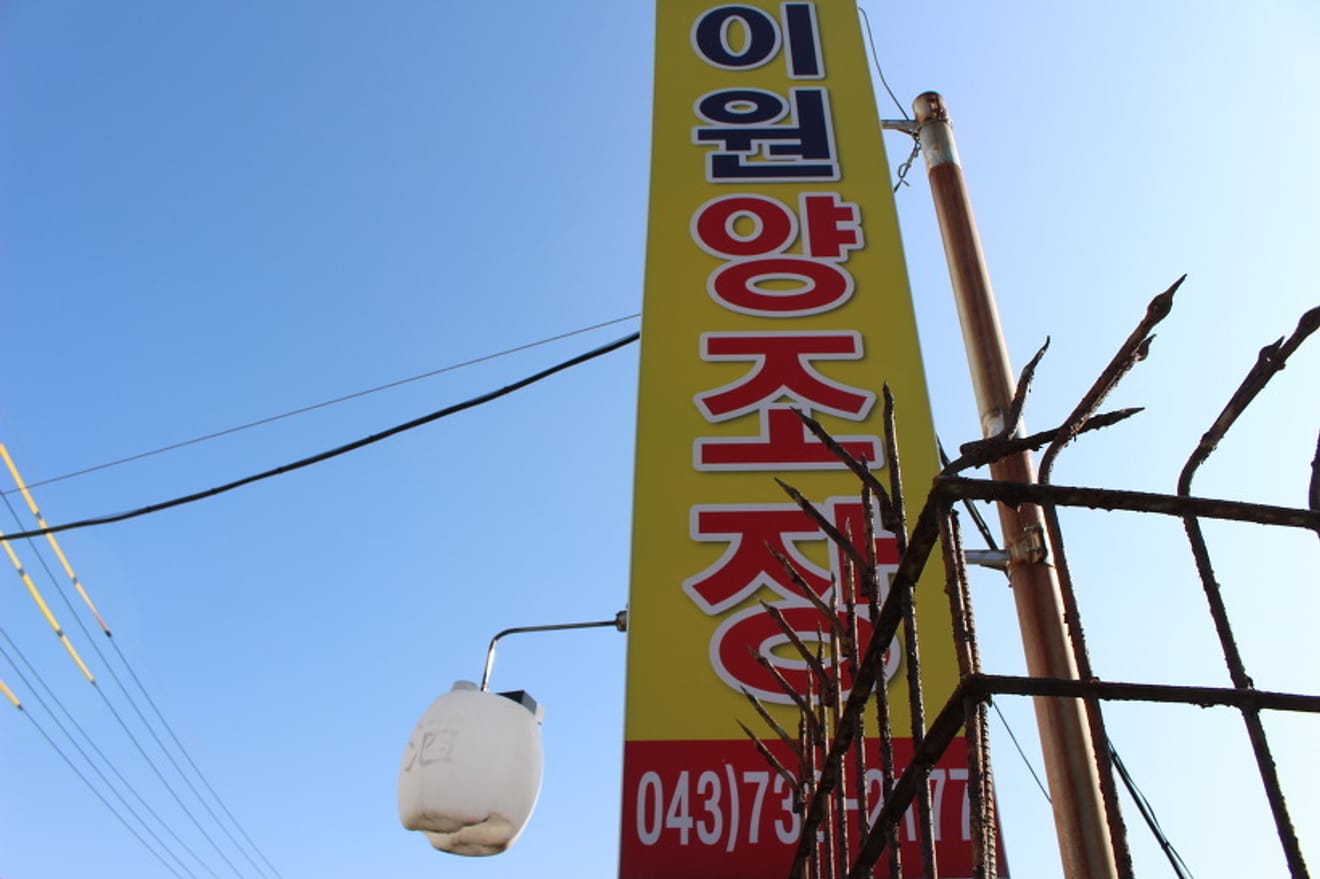
Iwon Brewery started in the 1930s and was originally located by the Geumgang River, but relocated to its current location in 1949 due to frequent floods. Even if we count from then, it's a space that has preserved over 70 years of history. Therefore, they have maintained some of the brewery facilities as they were. Some have been repaired and are still in use, some have been transformed into exhibition spaces, and others have been left untouched to preserve their original appearance. This allows visitors to experience the flow of time within Iwon Brewery.
JiPyeong Brewery, on the other hand, is planning to build a large-scale factory in Chuncheon and its surrounding areas and turn the existing brewery into an exhibition space. While that's not a bad idea, the nature of a brewing space, simply by preserving the passage of time, can be a very attractive space.
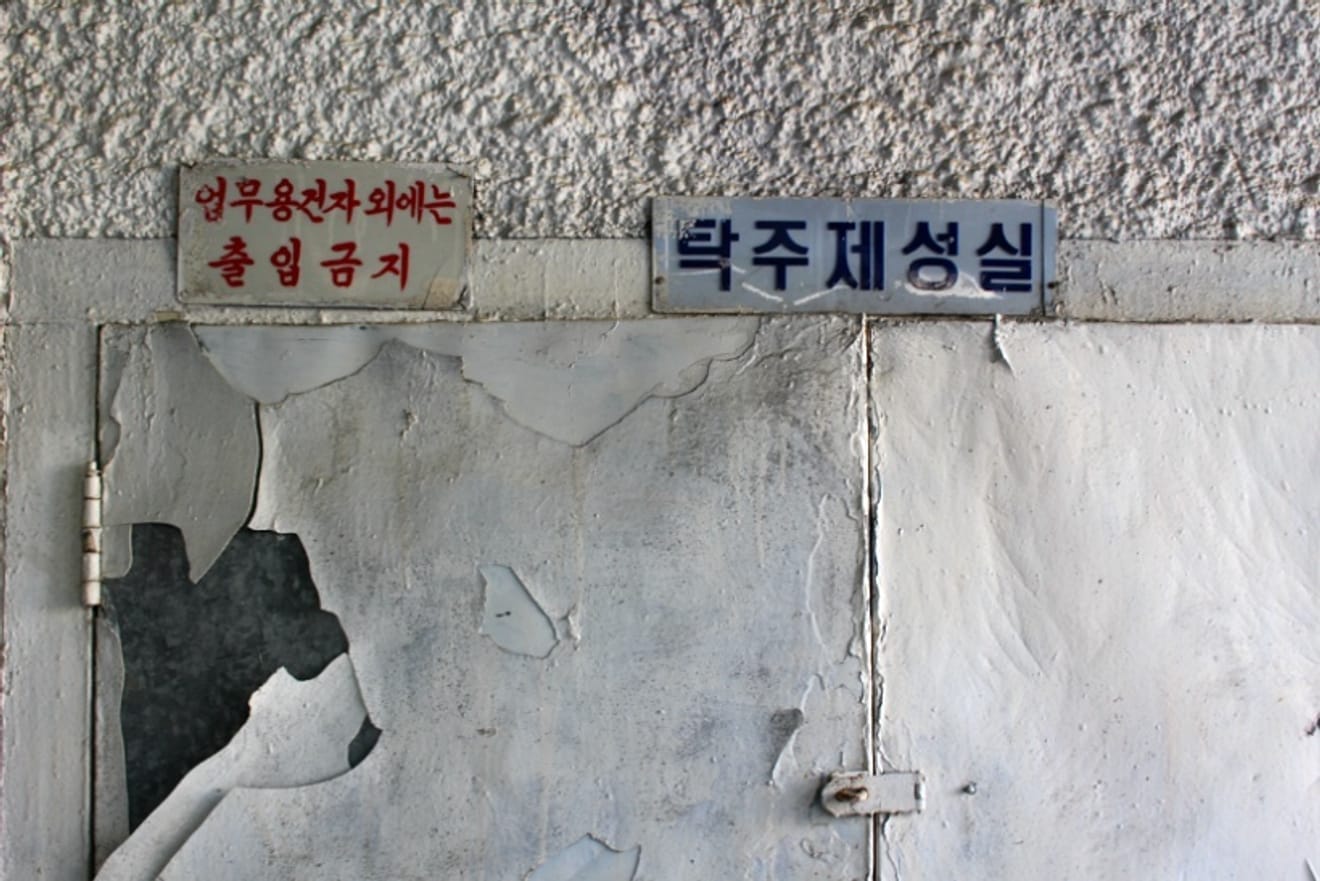
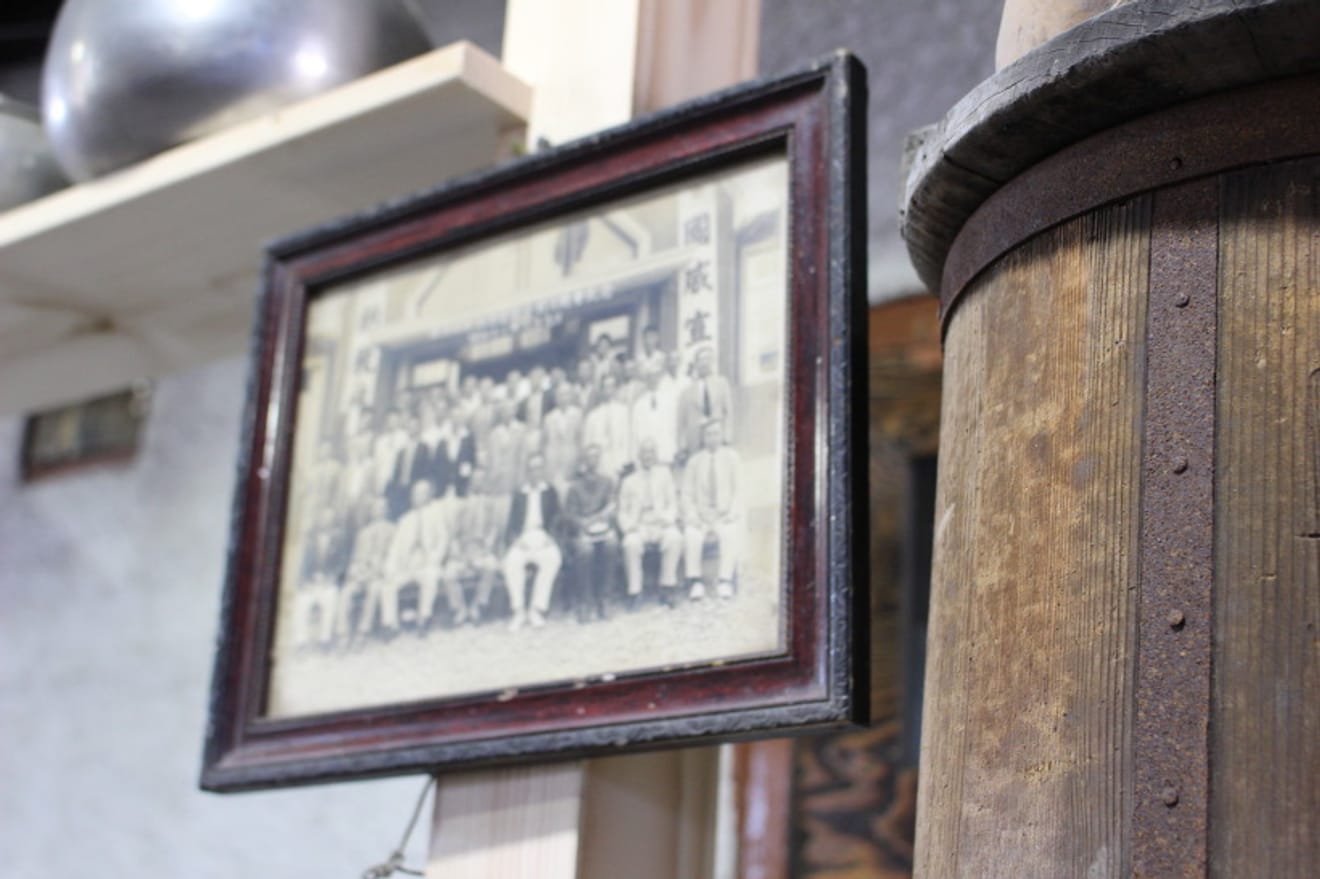
Iwon Brewery uses large jars (380-430 liters). When the brewery had more staff, they could manually handle the jars, but nowadays, most breweries operate with only family members or a small number of employees. Therefore, it's difficult to move large jars manually. Iwon Brewery has apparently built custom equipment for handling these jars. It's hard to give it a specific name, as it was custom-made, but it seems perfectly optimized for handling the jars with a simple idea.
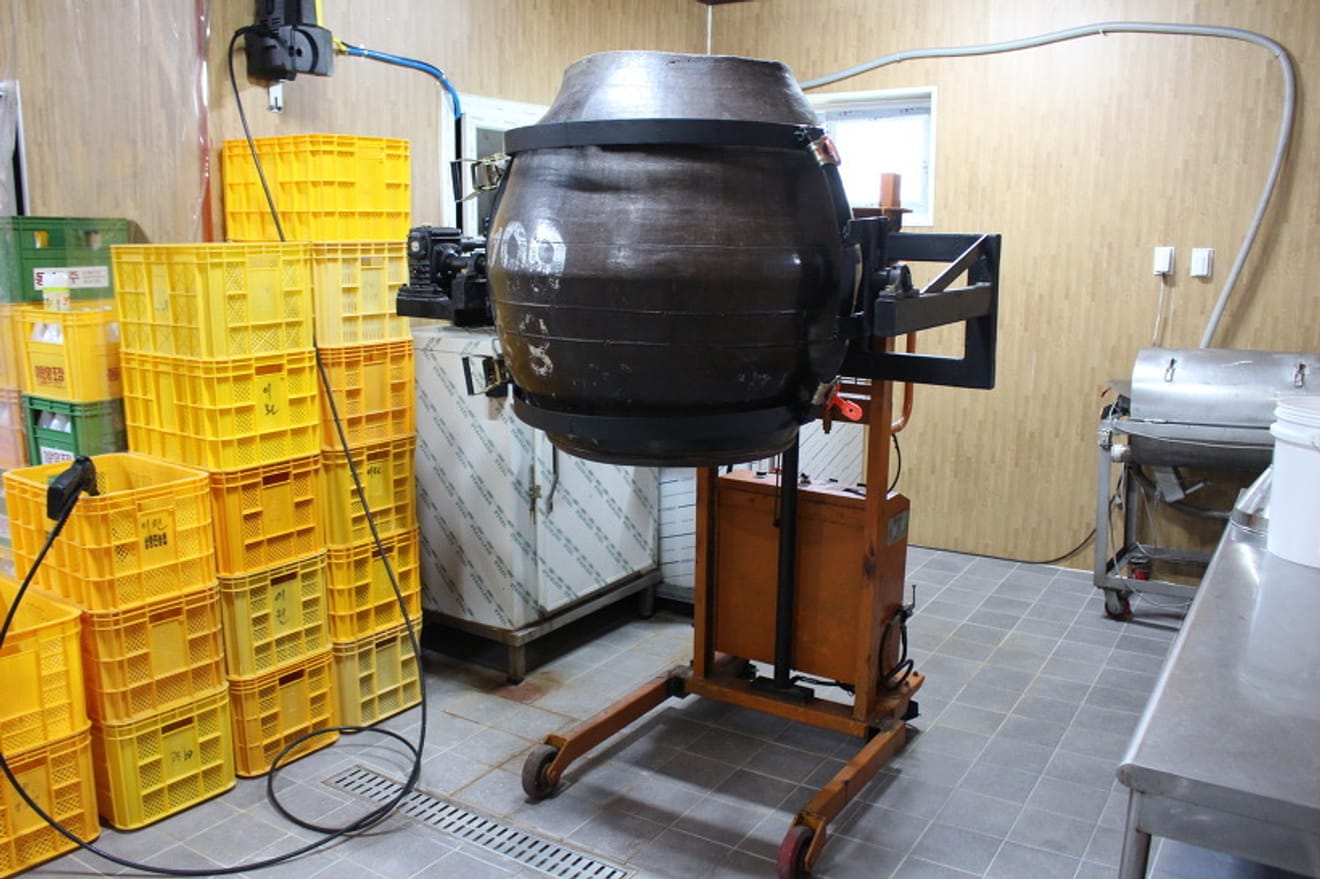
If you only see this picture without any explanation, you might mistakenly think it's a robot manufacturing company. Apparently, this equipment makes sanitizing the alcohol vats much easier.
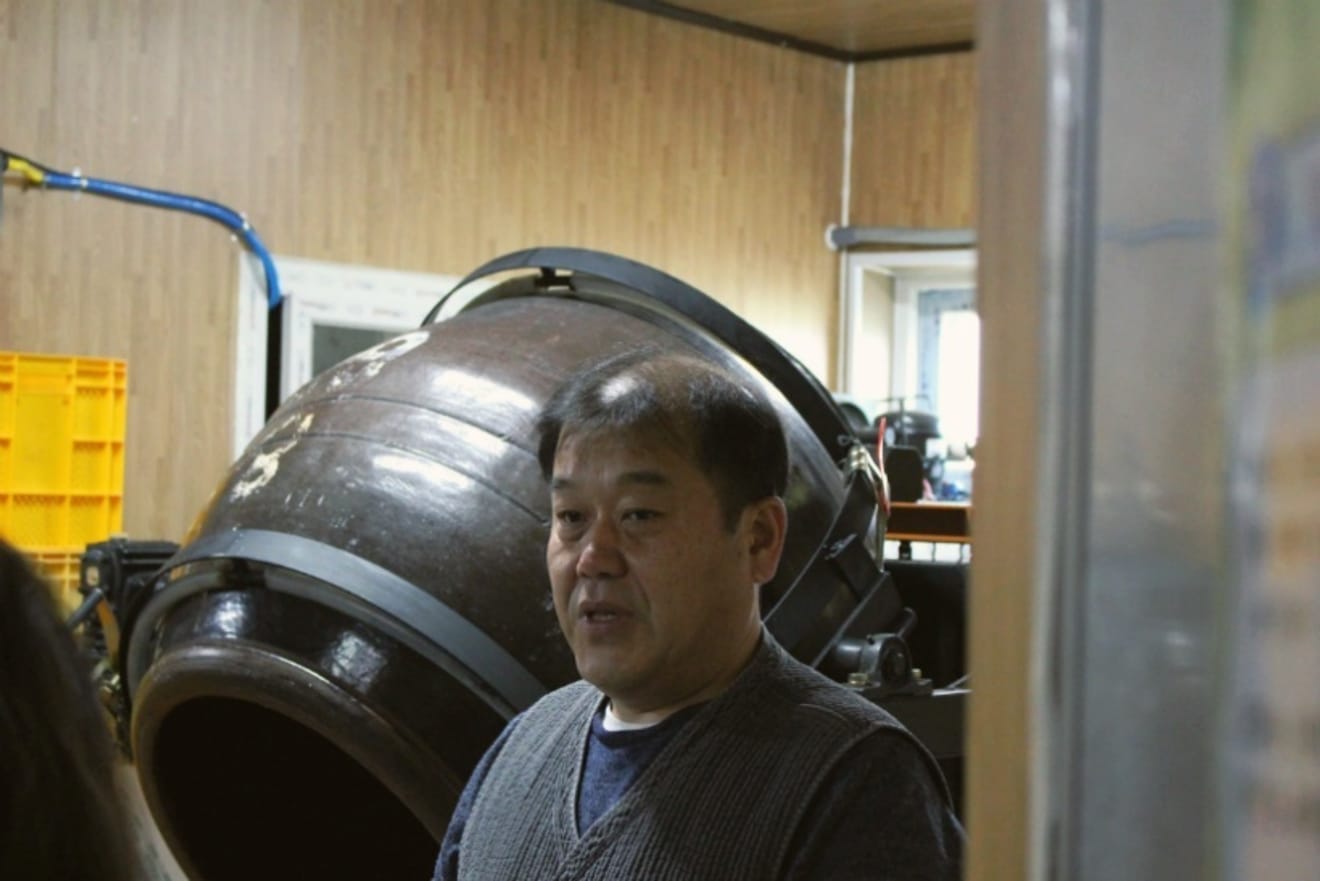
Now, let's meet the Hyangsu makgeolli. 100% Korean wheat. It uses Geumgang wheat. Geumgang wheat was developed starting in 1986 and was designated as a promoted variety in 1997. It's not easy to find Korean wheat makgeolli on the market. Firstly, the Korean wheat self-sufficiency rate is quite low at around 0.7%, and the price is also not cheap. For Iwon Brewery's Hyangsu, using Korean wheat is a remarkable feat in itself, but it also boasts a wheat content of around 23.18%. In the case of regular rice makgeolli, the rice content is around 10%. Compared to Daeraengifarm Youngnongjohap's "Flowers Bloom in Daeraengi Village" (다랭이마을에 꽃이 핀다), which is classified as premium makgeolli, and has a rice content of 25%, Iwon Brewery's "Hyangsu" has specs that are not inferior to premium makgeolli.
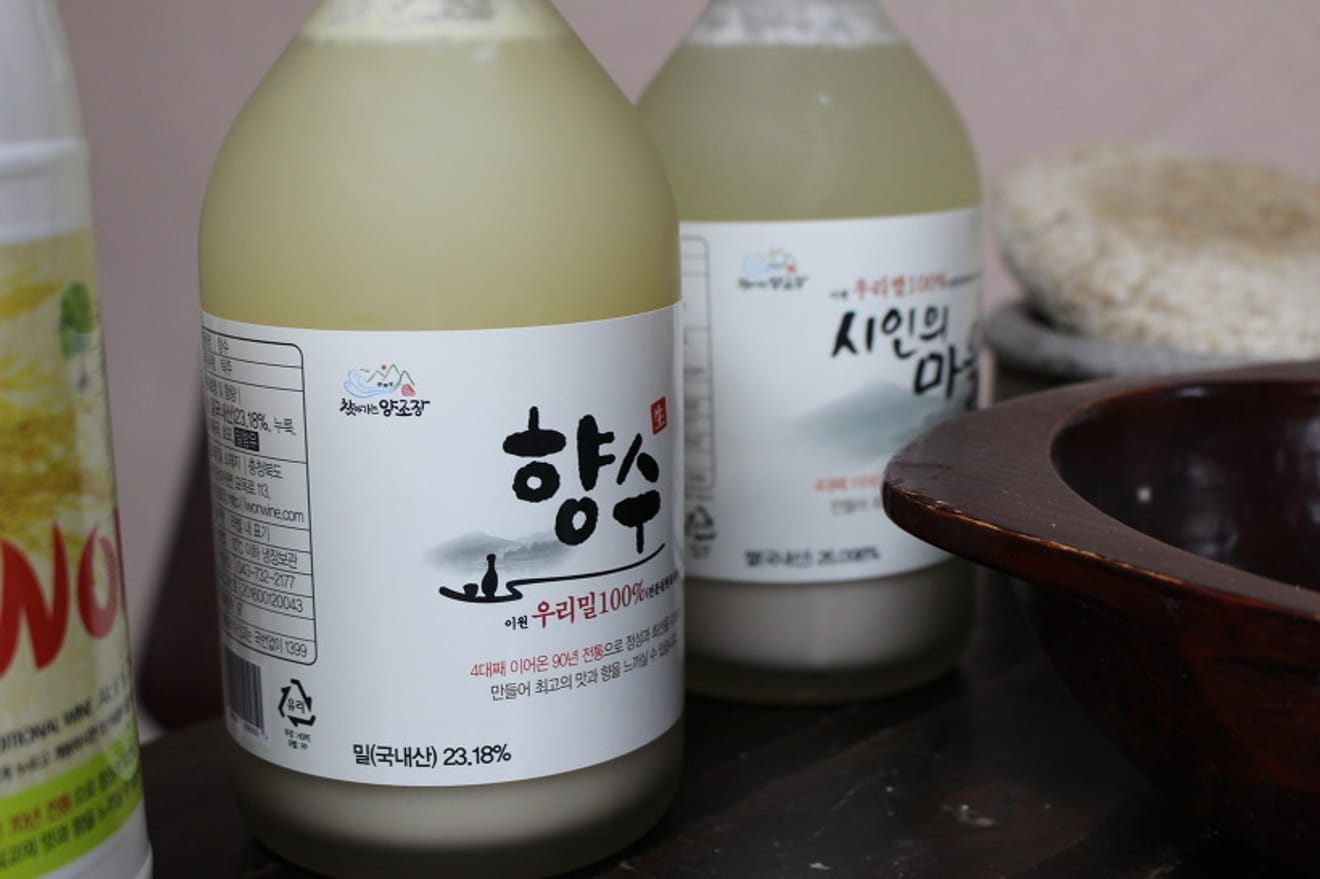
The same goes for the nuruk (yeast starter). They use Korean wheat nuruk. At this point, I'm worried about the price of the makgeolli. But the price of "Hyangsu" will surprise you. I guess that's why people keep talking about its value for money. It's priced somewhere between mass-market and premium makgeolli.
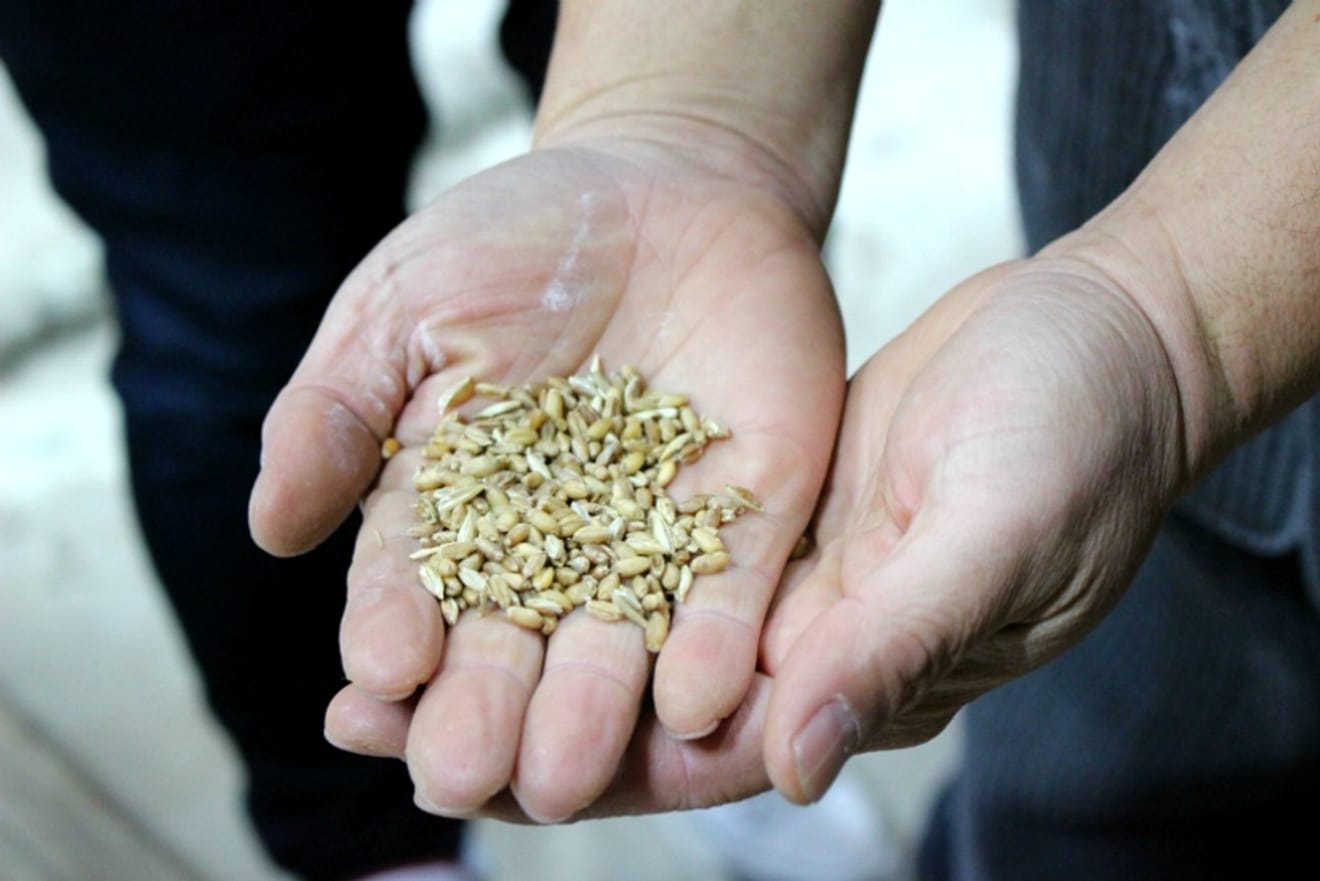
Iwon Brewery is one of the selected breweries for the "Visit a Brewery" program and is actively developing experience programs. They offer seven experience programs, one of which is the "Doribangbang Tour" (도리뱅뱅 Tour). The description of the program says, "...a tour of the 90-year-old tradition of Korean liquor with a master brewer, followed by a Doribangbang cooking class, a fun experience for all ages..." Doribangbang and makgeolli are a truly satisfying combination. The Doribangbang at Geumgang Rest Area became a pilgrimage site because of Lee Young-ja's appearance on a TV program, but these days you can easily find it at restaurants around the Geumgang River. It might be a bit daunting to make at home, but if you have the ingredients prepared, it shouldn't be too difficult to enjoy it through a cooking class.
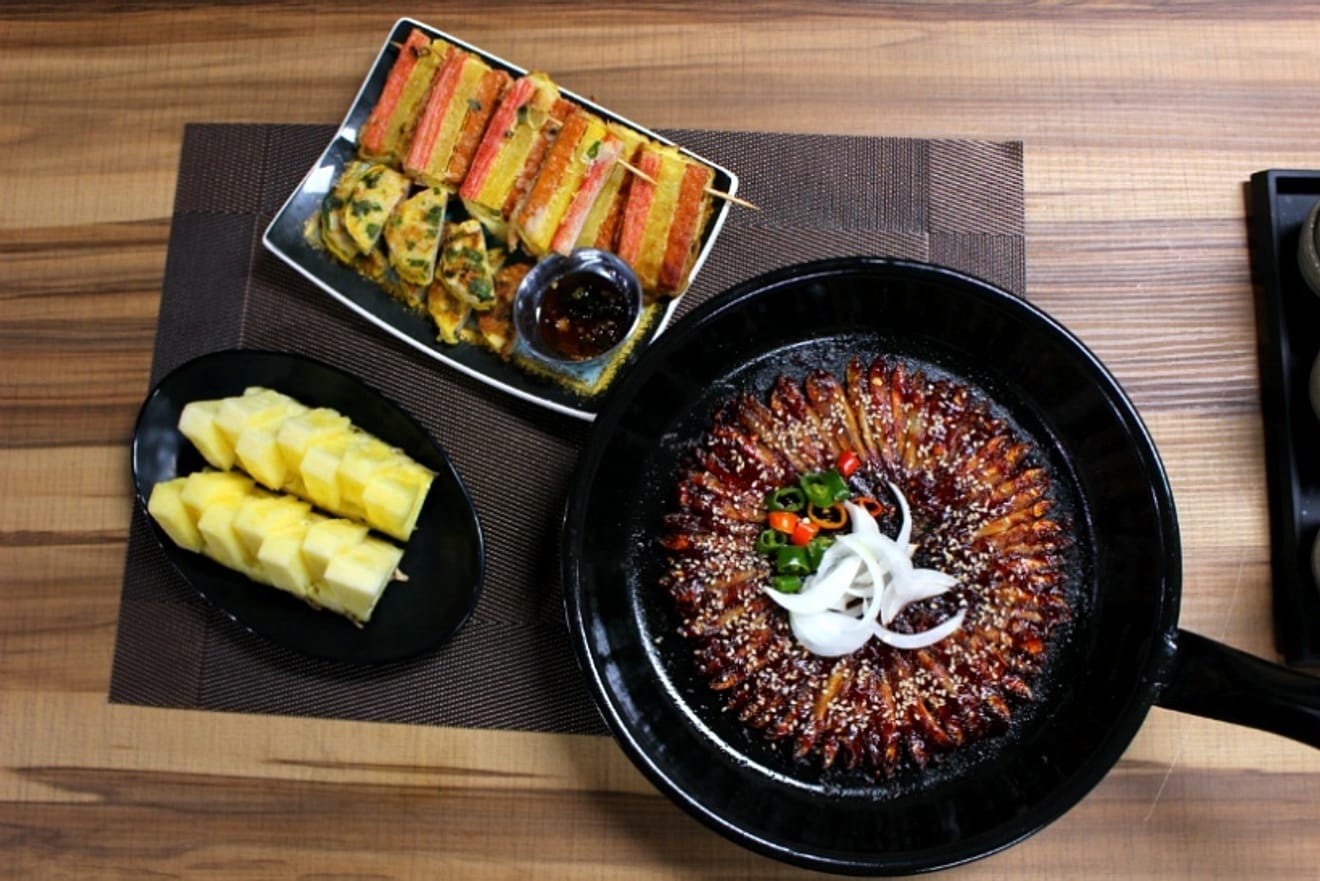
CEO Kang Hyun-jun announced on Facebook that he has started cultivating Geumgang wheat. He plans to use some for brewing and incorporate it as part of the "Master Tour" program.
One of the products Iwon Brewery is preparing for next year is a distilled spirit (soju). Most commercially available soju is made with rice as a base, but Iwon Brewery plans to release a soju distilled from wheat makgeolli. Hongcheon Durulyangjo Brewery makes a product called "Memillo" (메밀로), which is a wheat-based distilled spirit, but it's not purely wheat-based and uses a mixture of buckwheat and rice. Therefore, a distilled spirit made entirely from Korean wheat is something hard to find anywhere else. It's still under development, so the taste isn't fully finalized yet. But around this time next year, we'll likely be able to enjoy a distilled spirit truly fitting for a winter night.
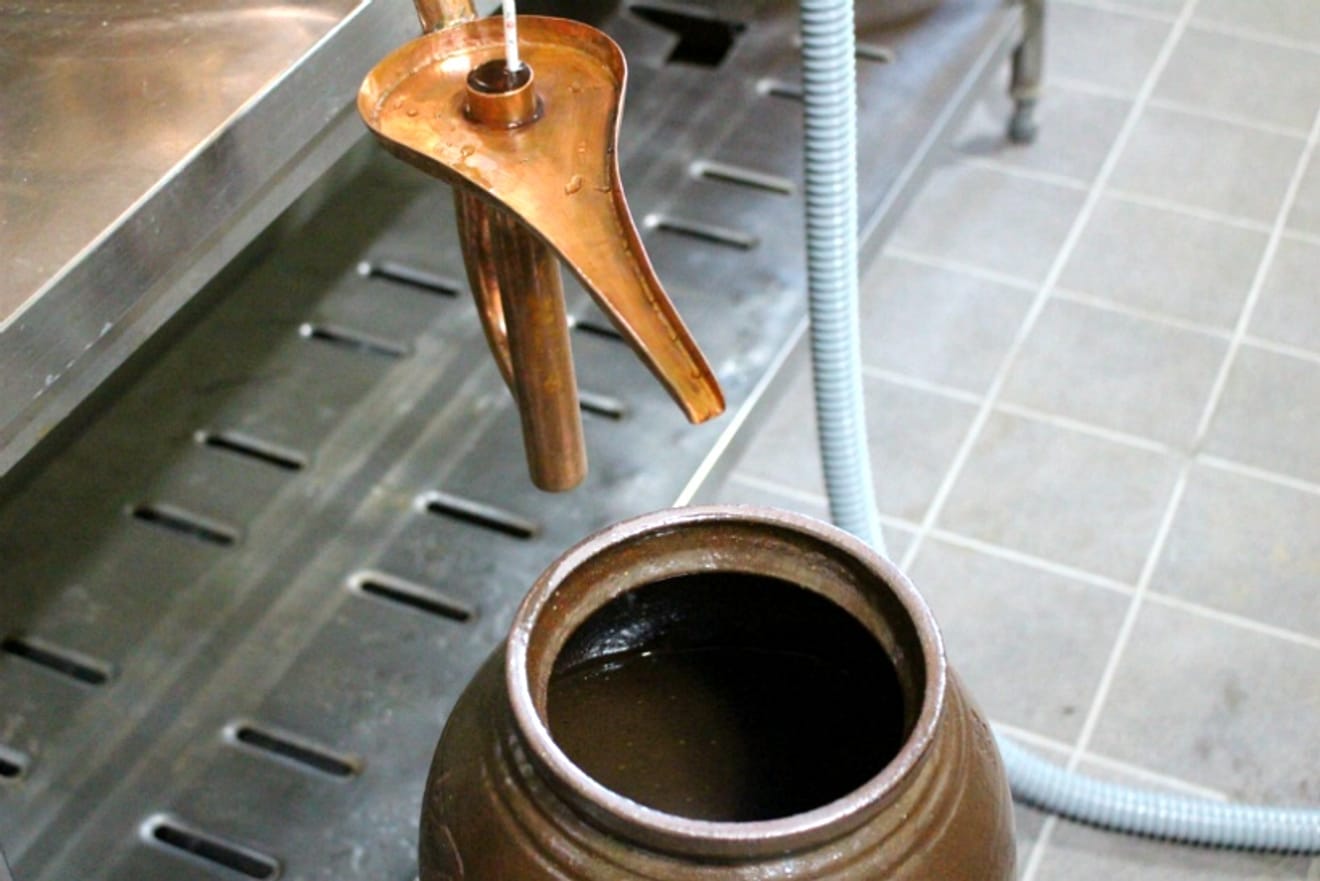
https://maps.app.goo.gl/bXQtTSYhypxNvDBD8
Comments0